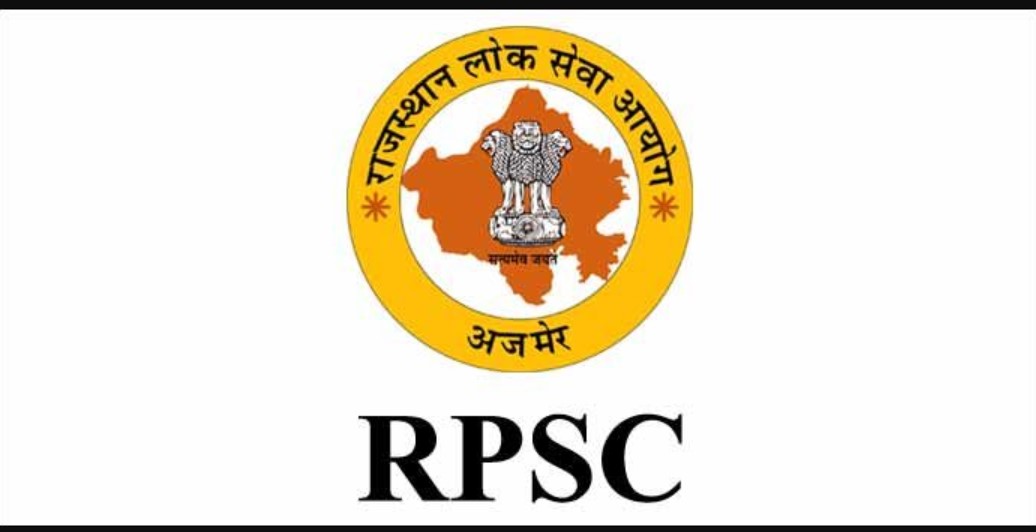


Introduction
The Supreme Court of India's recent judgment in State of Rajasthan & Ors. v. Bhupendra Singh (Civil Appeal Nos. 8546-8549 of 2024) has set significant precedents in administrative and disciplinary law. This decision challenges a previous ruling by the Rajasthan High Court, emphasizing the scope and limits of judicial review in administrative matters.
Case Background
Bhupendra Singh, initially appointed as Inspector and later as Assistant Registrar, faced a series of allegations and procedural issues. His troubles began with alleged misconduct, including granting construction permissions without proper authority, unauthorized appointments, and financial irregularities during his tenure as Administrator of the Bharat Bus Transport Cooperative Society Limited.
Singh's suspension and subsequent removal from service were contentious, with prolonged legal battles and multiple appeals. The core issues revolved around his removal from service and whether the disciplinary proceedings against him were conducted fairly and according to the law.
Key Issues and Findings
Scope of Judicial Review: The Supreme Court reaffirmed that the High Court, in exercising its jurisdiction under Article 226 of the Constitution, should not act as a court of appeal. Instead, it should ensure that the disciplinary proceedings adhered to the principles of natural justice and statutory procedures. The High Court's role is not to reappraise evidence but to check for procedural propriety.
Judicial Precedents: The Court referenced several landmark judgments to underscore its stance:
High Court's Error: The Supreme Court found that the High Court had erred by reappraising the evidence and substituting its judgment for that of the disciplinary authority. This was deemed an overreach, as the evidence considered was not shown to be entirely insufficient or improperly admitted.
Restoration of Removal Order: The Supreme Court restored the removal order dated 28.09.1993, concluding that the disciplinary proceedings against Bhupendra Singh were not vitiated by procedural irregularities or injustice. However, to accommodate Singh’s retirement and age, the Court decided that no recovery of payments already made during the interim period would be enforced.
Conclusion
This judgment underscores the high threshold required for judicial interference in administrative disciplinary actions. The Supreme Court's decision highlights the importance of respecting the administrative process and the limited scope of judicial review. It also sets a clear precedent on the boundaries within which courts can intervene in matters of departmental inquiries and disciplinary actions.
This ruling serves as a crucial reference for understanding the balance between administrative authority and judicial oversight, emphasizing that judicial intervention should be reserved for cases where fundamental legal principles are clearly breached.
TAGS: Supreme Court of India Civil Appeal State of Rajasthan Bhupendra Singh Departmental Inquiry Judicial Review Disciplinary Action Rajasthan Public Service Commission